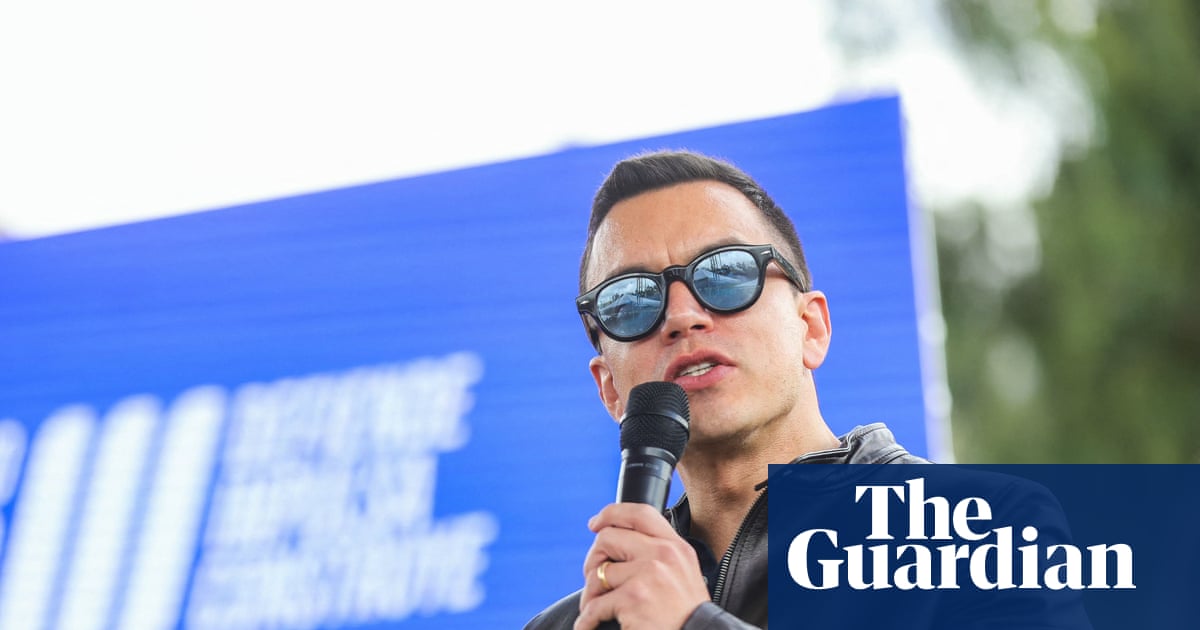Ecuador’s President Noboa Survives Motorcade Attack Amid Escalating Fuel Price Protests
Ecuador’s President Noboa Survives Motorcade Attack Amid Escalating Fuel Price Protests

Ecuadorian President Daniel Noboa narrowly escaped harm after his motorcade came under attack by stone-throwing protesters on Tuesday. The incident, which one minister described as an “assassination attempt,” occurred during the inauguration of a water treatment plant in central Ecuador.
According to Environment Minister Inés Manzano, approximately 500 individuals converged on the presidential convoy, pelting it with stones. She also noted “bullet marks on the president’s car,” though officials are still investigating the precise cause of all impact marks on Noboa’s armored Chevrolet Suburban.
Five individuals have been arrested in connection with the attack and face terrorism charges, which carry a potential sentence of up to 30 years. Defense Minister Gian Carlo Loffredo reiterated the government’s stance, calling the event “a clear assassination attempt and an act of terrorism.”
The attack unfolds amidst days of increasingly violent demonstrations across Ecuador, sparked by the government’s decision to raise diesel prices. The unrest has seen widespread strikes, road blockades, and the brief abduction of 16 soldiers. The Confederation of Indigenous Nationalities of Ecuador, however, suggests the convoy “entered a resistance zone,” leading to incidents the government is now using to justify its “war policy.”
President Noboa has declared a state of emergency in several provinces, aiming to quell the violence that has reportedly injured over 100 people, including both protesters and security personnel. His office stated that “cowardly acts will not deter” him from his agenda.
The Organization of American States (OAS) has condemned the violence, with its head, Albert Ramdin, calling such acts “an assault on democracy.” This volatile situation is set against a backdrop of Ecuador’s dramatic surge in violence, largely attributed to its role as a major transit hub for international drug trafficking, a problem President Noboa is actively trying to combat through reforms and increased security funding.
Disclaimer: This content is aggregated from public sources online. Please verify information independently. If you believe your rights have been infringed, contact us for removal.